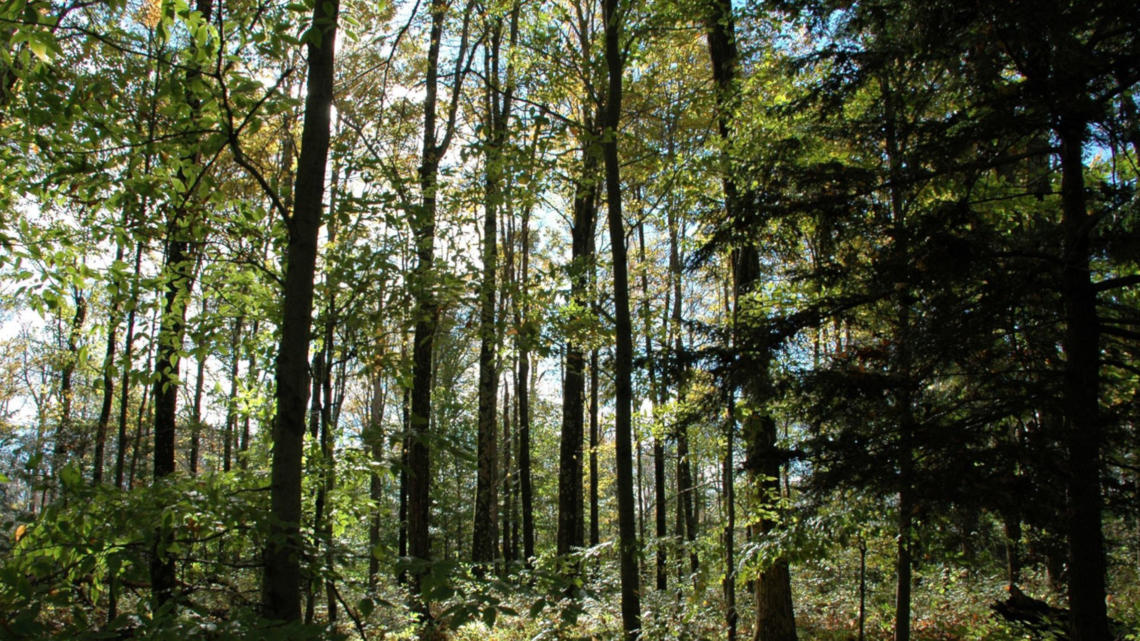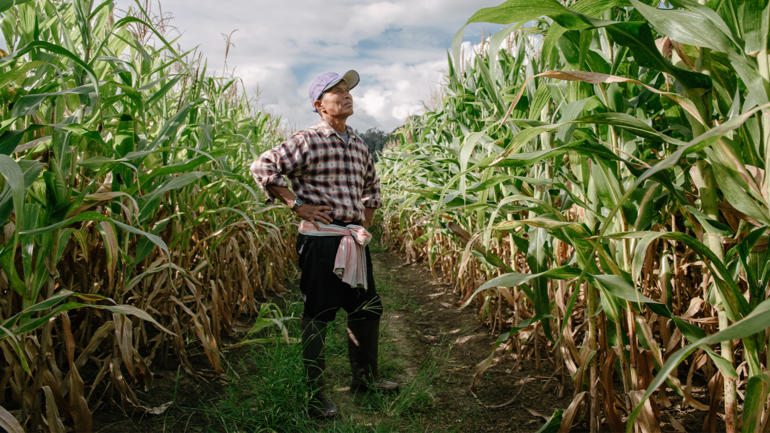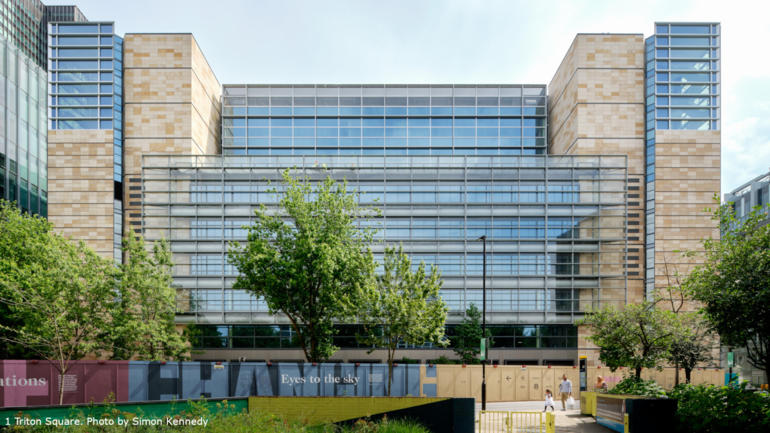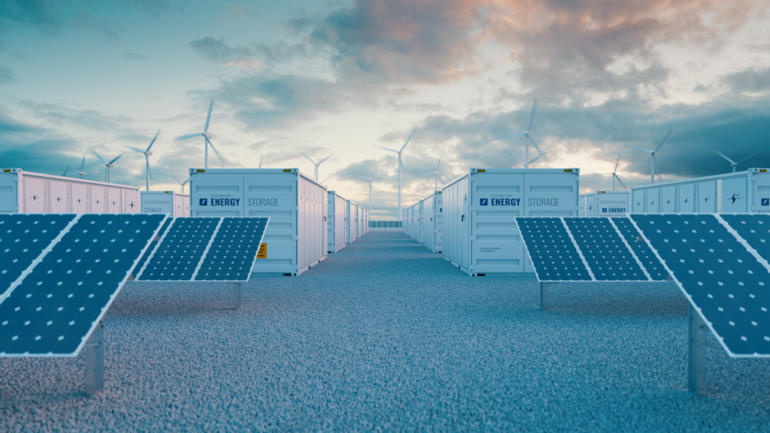The Nature Conservancy (TNC) and the BTG Pactual Timberland Investment Group (TIG), one of the world’s largest timberland investment managers, are joining forces to leverage the potential of sustainably managed forests across the United States to address the twin crises of biodiversity loss and climate change. Through a first-of-its-kind agreement announced today, the initiative will seek to enhance climate action and conservation outcomes on more than $850 million(1) out of TIG’s $4 billion global timberland portfolio(2).
The initiative will focus on US forests, and under the agreement, TNC will serve as Conservation Advisor on nearly 530 thousand acres managed by TIG across 11 states1 (an area more than 35 times the size of Manhattan). TIG and TNC will seek to establish science-based targets with the goal of delivering on-the-ground climate and conservation outcomes at scale. TIG will incorporate these targets with the objective of maintaining or enhancing financial performance.
This collaboration combines TIG’s more than forty-year track record(3) of sustainably managing timberland assets and TNC’s decades of experience executing science-based conservation strategies at scale, particularly with regards to water quality protection and enhancement, restoration and reforestation, carbon sequestration, and forest conservation and protection.
In the US, forests and forest products capture and store nearly 15 percent of the country’s carbon emissions. According to American Forests, they have the potential to capture nearly twice as much if concerted efforts are made to conserve more forests, plant trees and adopt climate-smart practices for managing working forests.
At the same time, institutional investors are searching for ways to align their portfolios with the goals of the Paris Agreement, and they are increasingly seeking opportunities capable of delivering social and environmental impact alongside financial returns. According to the Net Zero Asset Managers Initiative, more than $43 trillion in assets and investment portfolios have already been committed to net neutrality by 2050.
Gerrity Lansing, Head of TIG, said, “Despite the enormous surge of interest among investors in climate-positive forestry, and climate-friendly investments generally, there still is a large gap between investor demand and the availability of institutional-scale opportunities capable of delivering robust environmental and social impacts.”
“While the commercial forestry industry knows how to invest and manage forests at scale, investors are seeking additional benefits for climate, biodiversity and local communities, beyond the benefits that come from business as usual practices,” he added. “This new initiative will combine TIG and TNC’s expertise to unlock additional conservation and climate action on more than a half-million acres, while also offering a blueprint for enhancing the management of timberland assets more broadly across the United States.”
“Private capital plays a huge role in addressing the climate and biodiversity crises we’re facing,” said Charlotte Kaiser, Managing Director of NatureVest, TNC’s in-house impact investing team. “But creating the change we need can’t rely on best intentions; we need to channel capital to the right places and the right strategies to deliver effective and measurable impact. Through this collaboration, TNC and TIG can focus on the where, why and how to target tangible, long-lasting results.”
This collaboration involves core timberland assets in eleven states, including the US South, the Lake States and the Pacific Northwest, and includes large areas which TNC has identified as having high conservation value. In addition, TIG and TNC are assessing a wide range of conservation opportunities, including supporting habitat restoration and connectivity and generating high-quality carbon offsets.
The announcement comes as new sources of capital are emerging to help finance additional conservation and climate action through working forests. The United States has recently permanently funded the US Land & Water Conservation Fund at $900 million a year, which significantly increases funding for conservation easements on private land. In addition, voluntary carbon markets are also expanding as corporations and investors pursue comprehensive, science-based carbon-reduction strategies that incorporate high-quality carbon credits as a component of their path to net-zero, offering further support for sustainably managed, climate- and nature-positive working forests.
Footnotes
[1] As of June 30, 2021; TIG.
[2] As of August 31, 2021; TIG.
[3] Since inception for distribution purposes is 1Q1990, figure includes profit distributions and return of capital; includes TIG’s predecessor companies.
[4] As of August 31, 2021; TIG.
About BTG Pactual
BTG Pactual (BPAC11) is the biggest investment bank from Latin America, operating in Investment Banking, Corporate Lending, Sales & Trading, Wealth Management and Asset Management. Since inception, in 1983, the Bank has been run based on a meritocratic partnership culture, focused on clients, excellence and a long-term vision. BTG Pactual has cemented its status as one of the most innovative sector players and have won numerous national and international awards. BTG Pactual currently has more than 4,000 employees in offices across Brazil, as well as in Chile, Argentina, Colombia, Peru, Mexico, the US, Portugal and England. For more information go to http://www.btgpactual.com.








